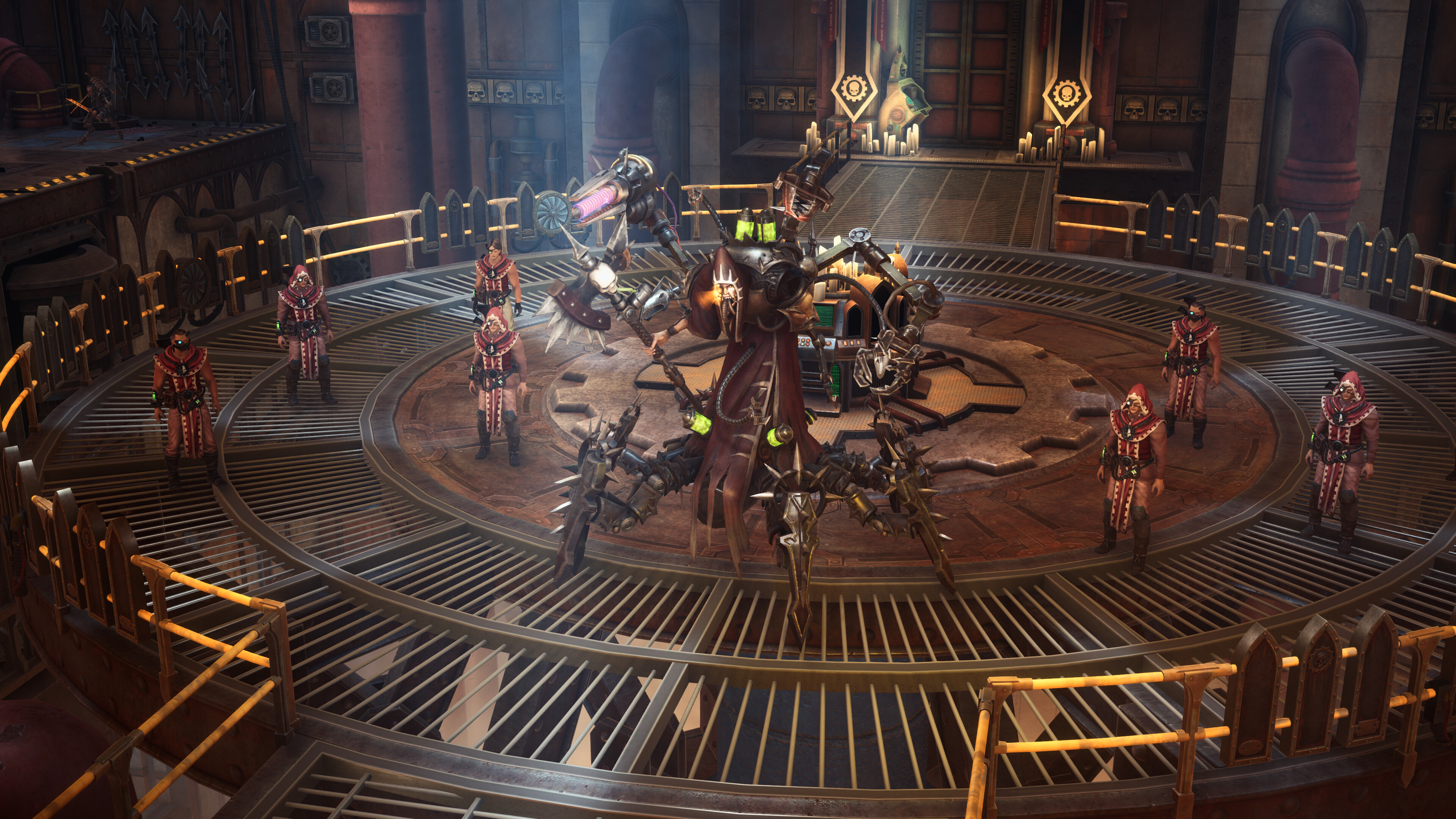
Owlcat Games, the studio behind Warhammer 40,000: Rogue Trader, as well as Pathfinder: Kingmaker and Path of the Righteous has confirmed that it's using artificial intelligence as a development tool for its next project, which has already caused some serious controversy.
Last week, Owlcat Games published an advertisement for a new concept artist role at the studio, which mentioned that applicants are required to have experience in using AI and machine learning technology such as Midjourney and DALL-E to generate concepts. Understandably, this raised concerns that the studio may be using AI to generate art for its games.
Responding to this, Owlcat has confirmed that while AI hasn't been used in its previous games, it is utilising it in the development of its next project, which is currently unannounced and in the early production stages. Furthermore, it has removed all mentions of AI from the job listing since it "may be misinterpreted", it added.
R.I.P pic.twitter.com/F9atzIZi1bMarch 2, 2024
"AI will be used exclusively for additional work with concepts and speeding up some internal processes (for example, for creative search, inspiration, or vision coordination before starting conceptualization itself)," the studio wrote on Twitter / X. "The final version of the game will not have any art generated by the neural networks. The same goes for the final concepts. Everything will be original and drawn by professional artists."
In a further post, Owlcat stated: "We will under no circumstances replace our artists with neural networks. All art in our games, including concepts, portraits, etc. drawn exclusively by artists.
"We use a neural network to find direction and inspiration before developing concepts for our upcoming project, which is currently in early development and unannounced."
This statement hasn't stopped many from being disappointed in the studio, however. While the studio claims that no AI-generated art will be shown in the final version of the game, there are serious concerns regarding potential copyright infringement when using AI tools to generate images. After all, the technology has to learn from somewhere, and the images it produces are created from the amalgamation of others' work. Therefore, AI-generated art is inherently not unique, so using it as a source of inspiration is questionable, to say the least.
Not only that, but particularly as many talented developers are losing their jobs due to layoffs in the games industry, the idea that AI is being used more and more in place work that real developers could be paid for. While in this case, the use of AI was included as part of a job description, there have been calls for Owlcat to focus on hiring staff to support all stages of the development process, as has been done in the past. Ultimately, the message from many on Twitter is simply for the studio to "do better".
"This is a disgusting and disappointing response. Your games are excellent, but I will not touch your projects in the future if this is your policy going forward. Do better," one user responded.
"This is not any better, at all. There are professionals you can work with that will help do concepts and internal processes! No AI is required," another wrote.
"Piss poor explanation. Concept artists have been able to 'find inspiration' without the use of these tools just fine. Do better," said another.
Beyond reiterating the same points further, at the time of writing, Owlcat Games hasn't commented further on the situation, and the job opening – albeit without the additional AI-centric details – is still available on its website.
If you're looking for something new to play, you can find some top picks on our list of the best RPGs.







